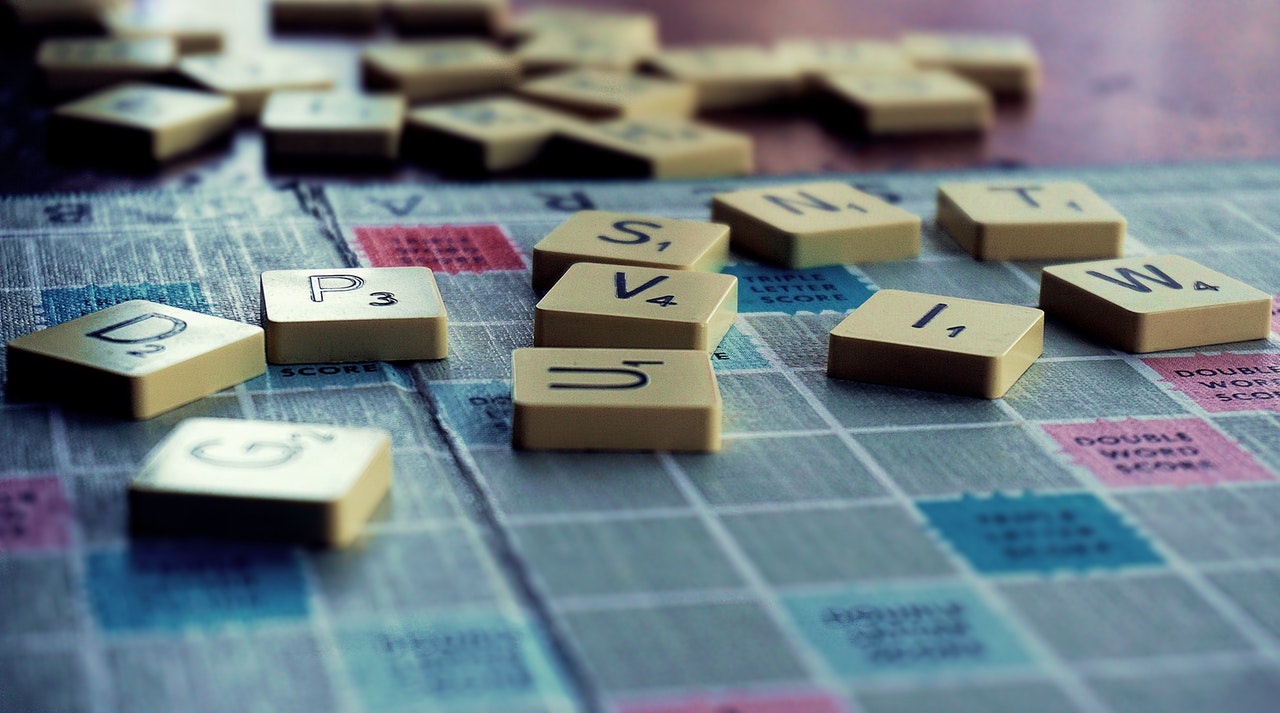Educational games are an important part of regular lessons at home or in class. Whether the games are used as a reward for good behavior, or the children are left to compete in cleaning up the classroom, the competition and games appeal to the children’s play instinct and make learning enjoyable.
If you want to test your kids vocabulary, you can do it by playing mind games. The use of word games is a successful aid because it helps students use them without knowing that they are learning to expand their vocabulary. It gives children the opportunity to familiarize themselves with words, play with them, and enjoy the language.

Scrabble
This is the most famous of these four-word games, which also involves forming words on a board in the style of crossword puzzles. Players try to hit the boxes, for example, triplets, or word matching. When they join together to form a completely new one, they can also form two words simultaneously.
Balderdash
Balderdash can be played with a language practice group, but it was created for 2-8 players. It’s a game of intrigue and deception. Here’s how Balderdash works: A participant (called the Dasher) was given a card with absurd and unheard-of words using his definitions on the trunk. He rolls the dice and reads the word to the players.
Players create meanings for the word, which are also used to deceive players and to appear legitimate. For example, the term could be “jarbox.” The script reads this word, along with the spelling. Scrabble was a four-man field, and we played right on the board. The habit of inventing words while drinking a drink or coffee paved the way, and it was also nice to spend an hour doing so.
Upwords
It is a three-dimensional word game that looks very similar to Scrabble, but it’s an extraordinary adventure in itself. Like a puzzle, it’s built like Scrabble, with phrases and horizontally on the board. Unlike Scrabble, this sport is three-dimensional, so you can stack the letters on the board and change the word. For example, the word “fluid” can be transformed into the word “brilliant” by stacking an “s” next to this “r.” This gives the game a completely new dynamic where phrases are not static but can change at any time.…

